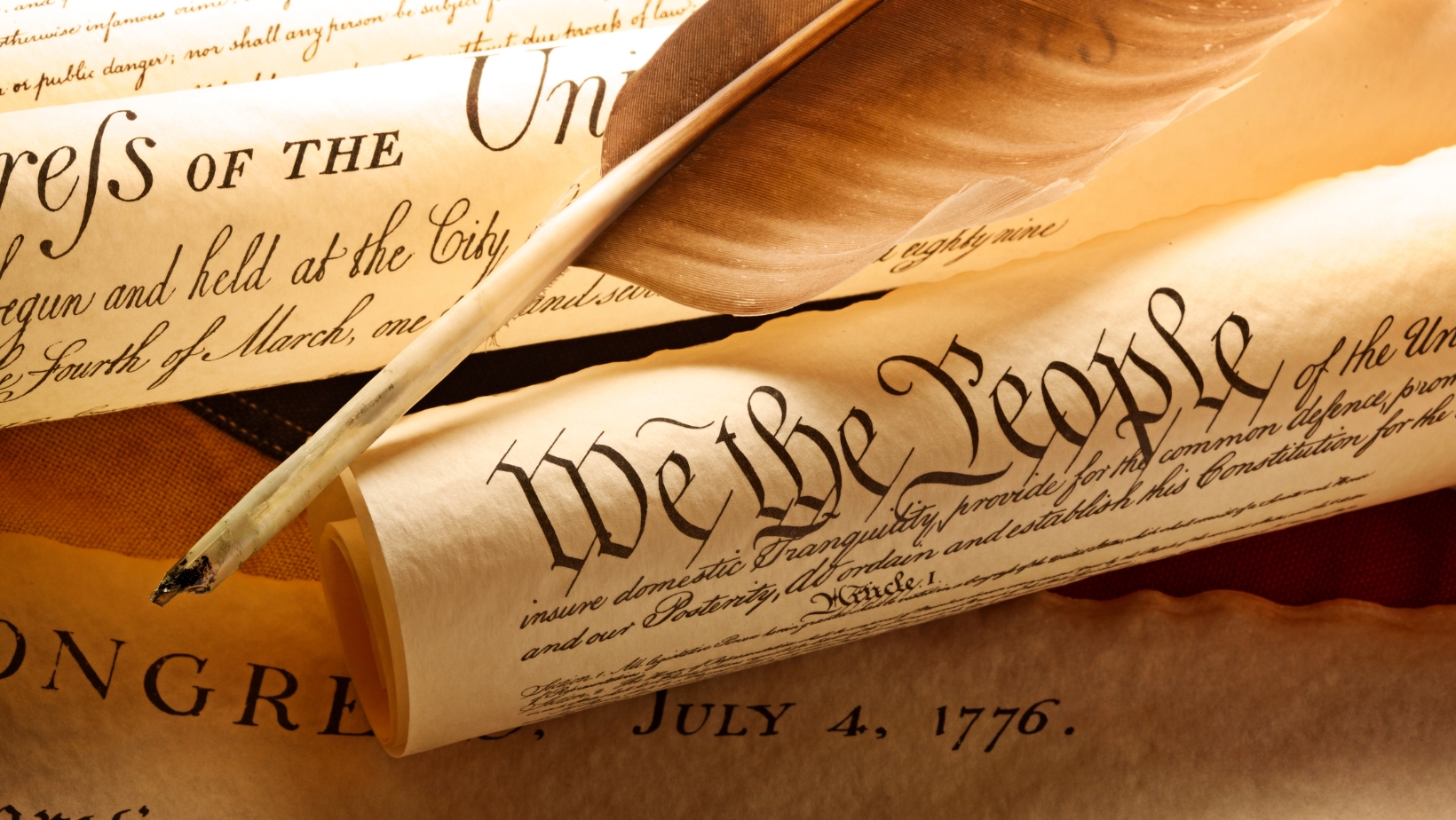As I delve into the realm of United States history, it’s time to review those final exam answers. This comprehensive examination covers a wide range of topics that have shaped the nation we know today. From the early colonial period to major wars and social movements, this review will ensure that you are well-prepared for your upcoming final exam.
When it comes to studying for a history exam as significant as this one, having access to reliable and accurate answers is crucial. The United States history final exam review provides an opportunity to consolidate your knowledge and identify any gaps in understanding. By thoroughly reviewing the course material and examining key events, concepts, and figures, you’ll gain a deeper appreciation for the historical narrative of our nation.
Table of Contents
United States History Final Exam Review Answers
The Colonial Period is a pivotal time in United States history. It marked the beginning of European colonization and the establishment of the thirteen original colonies. This era laid the foundation for the development of American society, politics, and culture.
During this period, various European powers, such as England, France, Spain, and the Netherlands, sought to claim territories in North America. The English colonies were primarily established along the eastern seaboard and played a significant role in shaping early American history.
One key aspect of the Colonial Period was the economic system known as mercantilism. Under this system, colonies existed to serve their mother country by providing raw materials and serving as markets for finished goods. This led to tensions between colonial merchants seeking greater economic autonomy and British authorities trying to maintain control over trade.
Religion also played a vital role during this time. The Puritans settled in Massachusetts Bay Colony seeking religious freedom but enforced strict moral codes within their communities. Other colonies like Pennsylvania were founded on principles of religious tolerance.
The Colonial Period was not without conflict either. The French and Indian War (1754-1763) was fought between Britain and France over control of North American territories. This war had far-reaching consequences since it eventually contributed to growing tensions that would lead to the American Revolution.
In summary, understanding the Colonial Period is crucial when studying United States history. It provides insight into how European settlement shaped early America’s political, social, and economic landscape while setting the stage for future conflicts that would ultimately lead to independence from British rule.

Revolutionary War and Independence
The Revolutionary War and the quest for independence played a pivotal role in shaping the history of the United States. This period marked a turning point in American history, as colonists fought against British rule to establish their own sovereign nation. In this section, we’ll delve into key events, major players, and significant outcomes of the Revolutionary War.
One of the critical events leading up to the war was the Boston Tea Party in 1773. Frustrated by British taxation policies, American colonists dumped crates of tea into Boston Harbor as an act of protest. This event symbolized growing resistance among colonists and ignited tensions with Britain.
The conflict escalated further with the signing of the Declaration of Independence on July 4, 1776. Drafted by Thomas Jefferson, this historic document proclaimed that all men are created equal and have unalienable rights to life, liberty, and the pursuit of happiness. It served as a rallying cry for revolutionaries and laid down principles that would shape American democracy.
Under the leadership of General George Washington, colonial militias took up arms against well-trained British forces. The battles of Lexington and Concord marked the start of armed conflict in April 1775. Throughout eight long years, both sides engaged in fierce battles like Saratoga and Yorktown that ultimately led to America’s victory.
The Treaty of Paris in 1783 formally recognized America’s independence from Britain. With this treaty, Great Britain acknowledged not only America’s sovereignty but also its territorial boundaries extending westward to the Mississippi River.
By securing their freedom from British rule, Americans set a precedent for other nations seeking independence worldwide. The Revolutionary War established America as a democratic republic guided by principles such as representative government and individual rights.
From exploring the causes and consequences of pivotal moments like the American Revolution or Civil War, to analyzing political ideologies such as Manifest Destiny or Progressivism, this review will help solidify your grasp on important historical themes. Additionally, it will provide insights into significant contributions made by individuals like George Washington, Abraham Lincoln, Rosa Parks, and Martin Luther King Jr., among others.
Vanita, the Editor and Learning Advocate at Faspe, emerges as a relentless champion for the joy of learning. With a keen understanding of the ever-evolving educational landscape, she dedicates herself to sourcing materials that ignite curiosity and foster growth. Vanita’s remarkable talent for pinpointing resources that resonate with students, coupled with her commitment to guiding parents through the educational odyssey, establishes her as an indispensable asset in the pursuit of enriching education.






